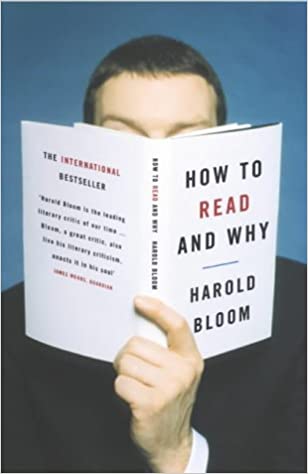
|
Harold BloomHow to Read and Whyp. 217 |
His spirit is ready...
His spirit is ready (willing) and his flesh is not weak. He dies extraordinarily, to the music of his own: “Let it be.” No death in secular literature haunts the reader more. Why? Hamlet’s final words - “the rest is silence” - are spiritually ambiguous, yet I read them as anticipating annihilation rather than resurrection. Therein may be the best answer to the question “Why read Hamlet?” He does not die a vicarious atonement for us, but rather with the single anxiety of bearing a wounded name. Whether we ourselves expect annihilation or resurrection, we are likely to end caring about our name. Hamlet, the most charismatic and intelligent of all fictive characters, prefigures our hopes for courgae at our common end.